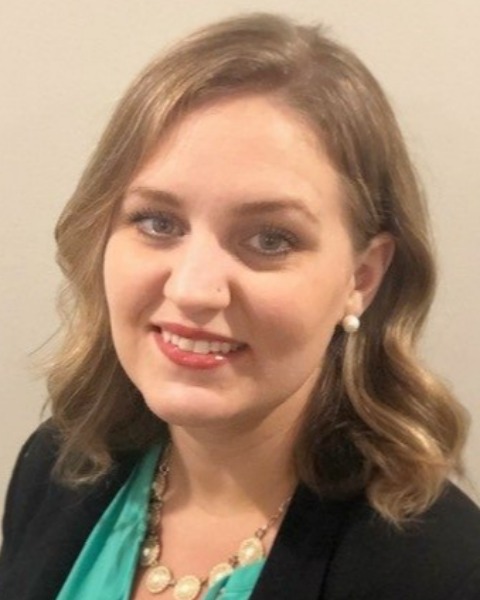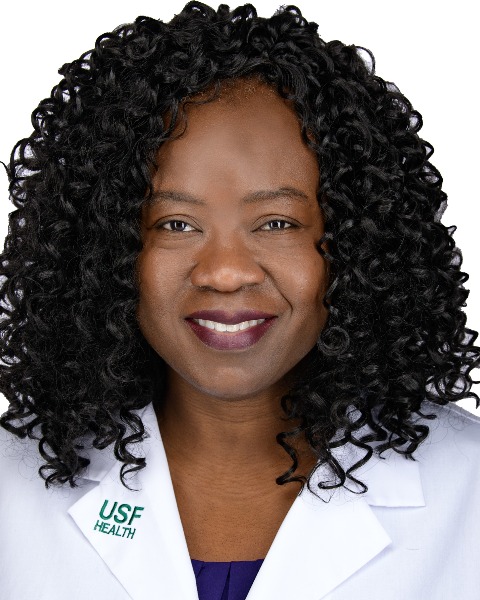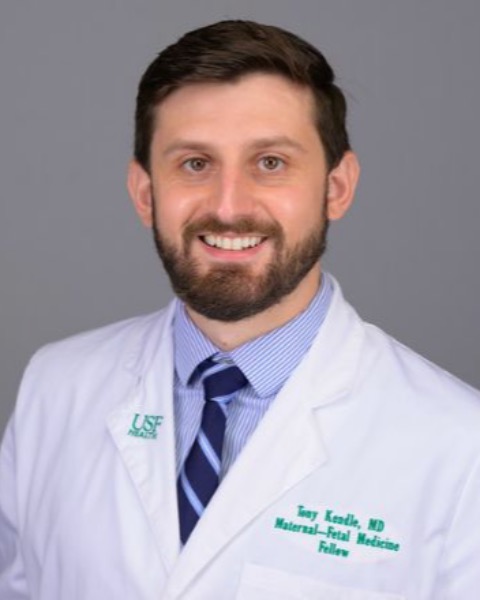Category: Clinical Obstetrics
Poster Session II
(390) Postpartum Mental Health Hospital Encounters Among Mothers with Prenatal Opioid Use
Opioid use during pregnancy remains prevalent and postpartum encounters for mental health conditions are more common among women with opioid use. However, previous studies did not examine the risk of an encounter for a severe mental health condition. We measured the association between prenatal opioid use and hospital encounter for a severe mental health condition for up to one year postpartum.
Study Design:
A retrospective cohort was developed by linking 2009-2013 birth certificates to delivery hospitalizations in Florida. We defined maternal opioid use based upon the presence of any maternal opioid-related diagnosis or, due to suboptimal sensitivity using maternal codes, an infant diagnosis of neonatal abstinence syndrome. Severe mental health conditions were identified using an ICD-9-CM severity-of-illness classification developed by AHRQ and SAMSHA and based on the National Comorbidity Survey. We examined the risk of a hospital encounter for a severe mental health condition from 0-30, 31-60, and 61-365 days after delivery using Poisson regression with doubly robust propensity score adjustment. Results are presented as adjusted risk ratios (aRR) and 95% confidence intervals (CI).
Results: Over 5% of mothers with opioid use had an encounter for a severe mental health condition between 61-365 days postpartum compared to 0.4% of those without (Table 1). The risk of postpartum encounter for a severe mental health condition among mothers with opioid use was 154% higher from 0-30 days (aRR: 2.54, 95% CI: 1.53-4.22), 204% higher from 31-60 days (aRR: 3.04, 95% CI: 2.23-4.15), and 120% higher from 61-365 days (aRR: 2.20, 95% CI: 1.80-2.68) compared to mothers without opioid use (Figure 1).
Conclusion: Mothers with prenatal opioid use had a higher risk of a hospital encounter for a severe mental health condition through one-year postpartum. Therefore, this study highlights the importance of screening for mental health conditions during the postpartum period and ensuring access to mental health services for mothers with prenatal opioid use.

Amanda L. Elmore, PhD, MPH (she/her/hers)
Maternal and Child Health Assistant Professor
University of South Florida
Tampa, Florida, United States- NB
Nansi S. Boghossian, PhD
University of South Carolina
Columbia, South Carolina, United States - SM
Suzanne McDermott, PhD
City University of New York’s Graduate School of Public Health and Health Policy
New York, New York, United States - AM
Alexander C. McLain, PhD
University of South Carolina
Columbia, South Carolina, United States 
Judette M. Louis, MD, MPH
Department Chair
Department of Obstetrics and Gynecology, University of South Florida Morsani College of Medicine
Tampa, Florida, United States
Anthony Kendle, MD (he/him/his)
Fellow Maternal Fetal Medicine
Department of Obstetrics and Gynecology, University of South Florida Morsani College of Medicine
Tampa, Florida, United States- JS
Jason L. Salemi, MPH, PhD
Department of Obstetrics and Gynecology, University of South Florida Morsani College of Medicine
Tampa, Florida, United States

.png)
